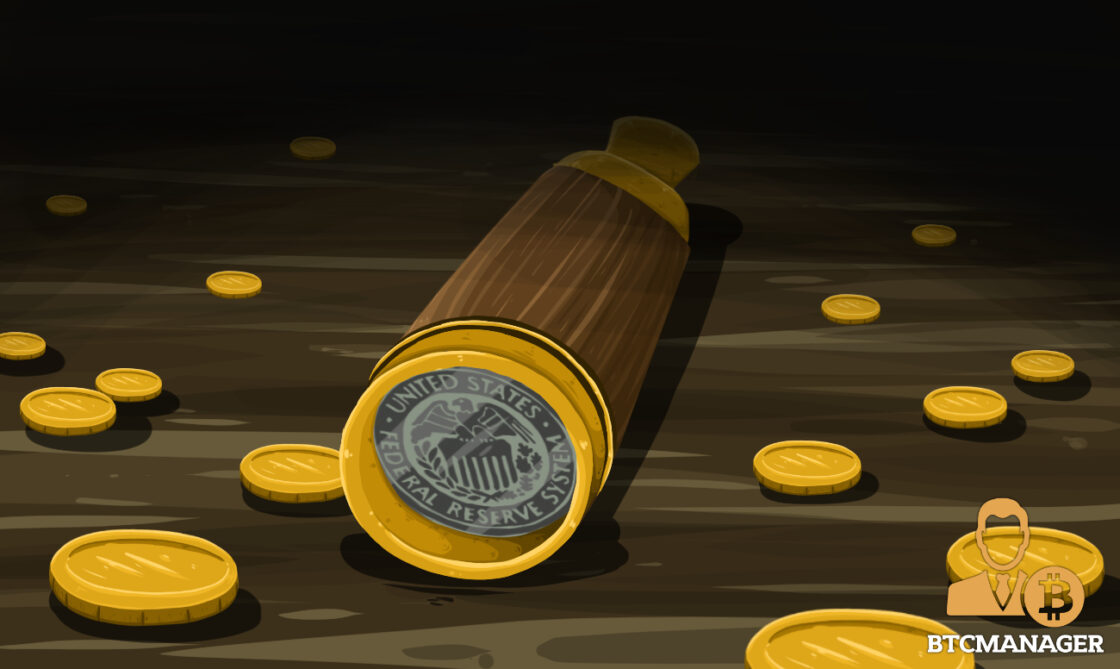PALO ALTO, Calif. (Reuters) - The Federal Reserve is taking a look at a broad series of problems around digital payments and currencies, consisting of policy, design and legal considerations around potentially releasing its own digital currency, Governor Lael Brainard said on Wednesday. Brainard's remarks recommend more openness to the possibility of a Fed-issued digital coin than in the past." By transforming payments, digitalization has the potential to deliver higher value and convenience at lower cost," Brainard said at a conference on payments at the Stanford Graduate School of Service.
Main banks globally are discussing how to handle digital financing technology and the dispersed journal systems utilized by bitcoin, which promises near-instantaneous payment at possibly low expense. The Fed is developing its own day-and-night real-time payments and settlement service and is presently evaluating 200 comment letters sent late in 2015 about the suggested service's style and scope, Brainard said.
Less than 2 years ago Brainard told a conference in San Francisco that there is "no compelling showed requirement" for such a coin. However that was prior to the scope of Facebook's digital currency aspirations were widely known. Fed authorities, including Brainard, have actually raised issues about consumer defenses and data and personal privacy dangers that might be presented by a currency that could enter into usage by the 3rd of the world's population that have Facebook accounts.
" We are working together with other central banks as we advance our understanding of reserve bank digital currencies," she stated. With more countries checking out releasing their own digital currencies, Brainard said, that includes to "a set of reasons to likewise be making sure that we are that frontier of both research and policy development." In the United States, Brainard said, problems that require study include whether a digital currency would make the payments system more secure or easier, and whether it could position monetary stability risks, including the possibility of bank runs if cash can be turned "with a single swipe" into the reserve bank's digital currency.
To counter the monetary damage from America's extraordinary national lockdown, the Federal Reserve has actually taken unprecedented steps, consisting of flooding the economy with dollars and investing directly in the economy. Many of these relocations got grudging acceptance even from many Fed skeptics, as they saw this stimulus as needed and something only the Fed might do.
My new CEI report, "Government-Run Payment Systems Are Unsafe at Any Speed: The Case Against Fedcoin and FedNow," information the threats of the Fed's present prepare for its FedNow real-time payment system, and propositions for central bank-issued cryptocurrency that have actually been dubbed Fedcoin or the "digital dollar." In my report, I go over concerns about privacy, data security, currency adjustment, and crowding out private-sector competition and development.
Advocates of FedNow and Fedcoin say the federal government must create a system for payments to deposit instantly, instead of encourage such systems in the economic sector by lifting regulative barriers. However as kept in mind in the paper, the economic sector is supplying a seemingly limitless supply of payment Click for more innovations and digital currencies to resolve Great site the problemto the extent it is a problemof the time gap in between when a payment is sent out and when it is gotten in a savings account.

And the examples of private-sector innovation in Additional reading this location are many. The Cleaning House, a bank-held cooperative that has been routing interbank payments in different kinds for more than 150 years, has been clearing real-time payments because 2017. By the end of 2018 it was covering half of the deposit base in the U.S.